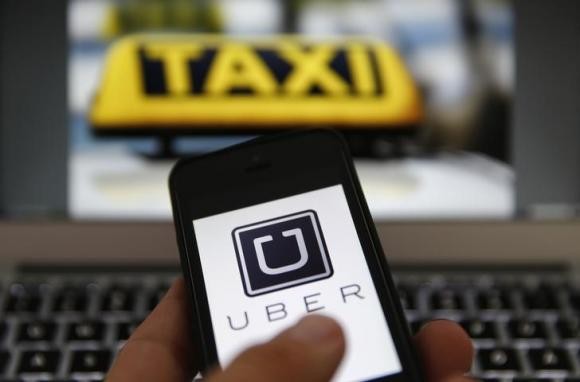The California Department of Motor Vehicles released an announcement on Jan. 5 that vehicles must hold a commercial license plate in accordance to a 1935 state law though not long after, the state agency revoked the said announcement, SFGate reported.
The first ruling made by DMV has affected and built roadblocks for drivers of private company such Lyft, Sidecar and Uber. It is said that obtaining commercial licenses is just too crucial and the ruling will hinder the growth of the company, which only relies to their drivers to provide quick service, although, most of these private drivers are only working part-time.
DMV is said to supposedly schedule meetings to all regulators and ride-sharing company representatives, aiming to arrive at an agreement; however, some of these app-based transportation network declined as they are stating that Public Utilities Commission (PUC) already agreed that they are separate and different that of taxicabs and other transportation companies.
Requiring commercial licenses plate to online transportation sharing operators will also require their drivers to get commercial auto insurance, in which, according to Skift, is more expensive compared to a personal auto insurance. It will also create a lot of paper works for all the ride-sharing operators as they would need to get a DMV appointment in-person and a certification of a car's weight, which in the future requires ride-sharing operators to pay for weigh fees.
This move by DMV, which created a huge buzz, will definitely lead into increase of fare in the future, if not reviewed well, that's why DMV decided to put a stop on the ruling for pending review and analysis.



























